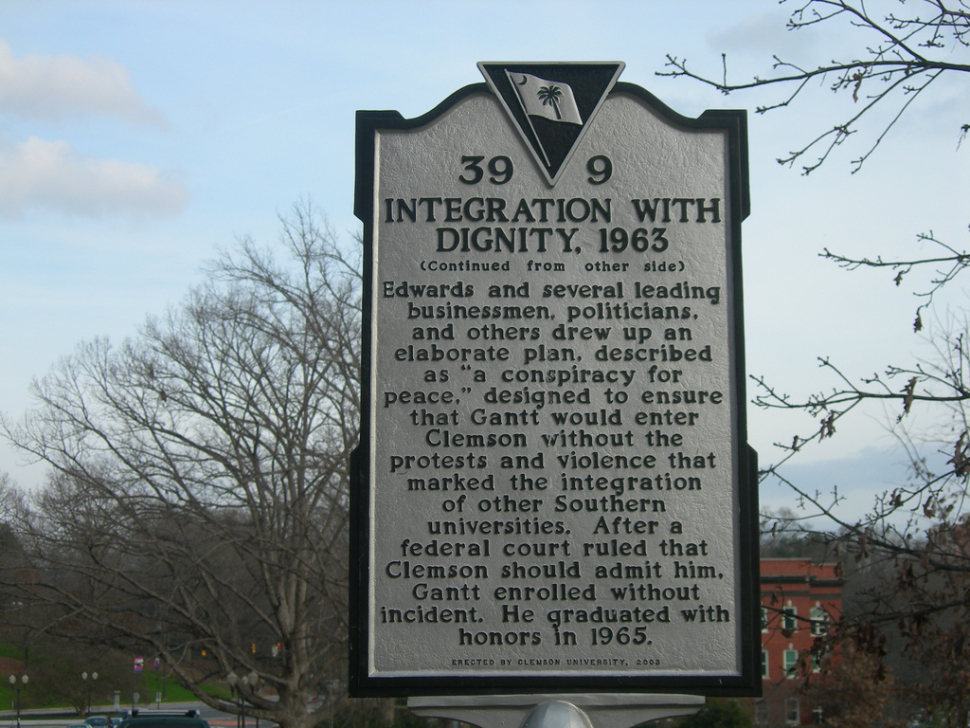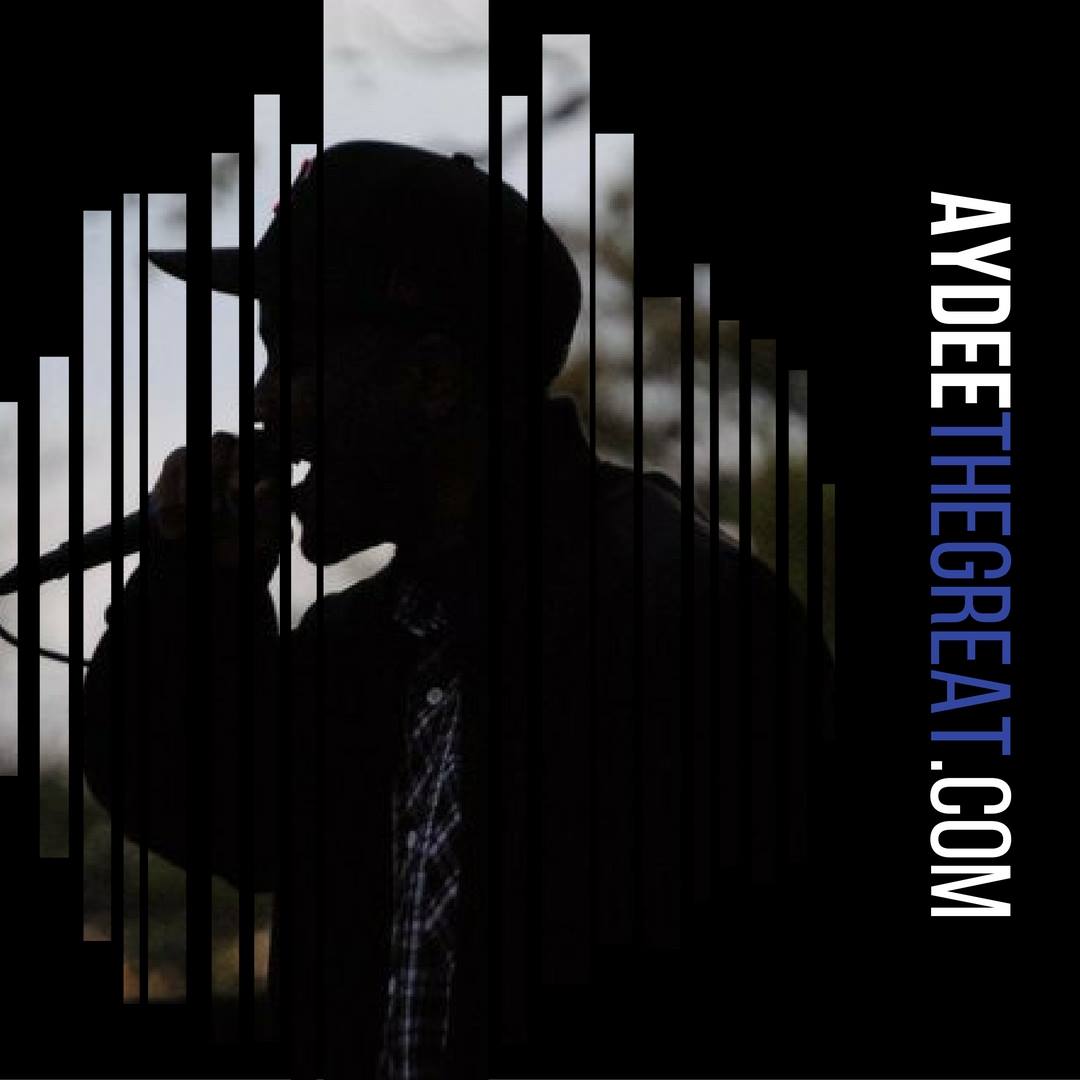
17 Sep On Not Talking To ‘But’ People [from Queen Mob’s Tea House]
The new school year has started at Clemson. While everybody is eagerly sharing stories of adventures undertaken over summer, I’m dreading every single conversation before it starts. I’m identifying imaginary idiomatic exit ramps, so I’m not trapped in the ever-familiar position of arguing that the person to whom I’m casually speaking see and discuss other people as actual human beings worthy of consideration as such.
These chats sound like:
“Yeah, the police shouldn’t kill unarmed people, but we’ll never understand the stress and danger of their jobs.” or
“Yeah, discrimination is definitely an issue in America, but until we can get both sides to have a civil discussion[1] nothing’s going to change.” or
“ … but what about Chicago gun violence.” in response to responses of Black deaths across the country.
On campus these kinds of conversationalists insist:
“Yeah, it’s awful that Clemson is 84% white and has such a low ‘diversity rating’ but so do all kinds of other schools.” or
“ … but name a school that doesn’t have a [discriminatory] past it would rather not acknowledge.”
or the perennially popular
“… but are we just going to change the name of every building or street named for terrible people?”
While I do enjoy conversation, after three years of speaking out and writing about Clemson’s historic racism and revisionism as well as the many present inequalities here and across the country, I’m tired of talking. That’s a lie … kind of. But, I’ve been constantly invited to talk since I started the See The Stripes Campaign, which highlights the often-unacknowledged history of slavery, sharecropping, and convict labor, as well as the unabashed honoring of slave owners, segregationists, and white supremacists by the university.
When students on campus wanted to meet to show solidarity with victims of injustice in the wake of the killings of Michael Brown and Eric Garner, opponents asked what those incidents have to do with anybody on our campus. When white fraternity and sorority members on our campus threw a “Crip-Mas Party” [dressing like gang members posing for pictures and then posting them online] the eventual administrative solution was a campus-wide conversation in which offended students were offered space to name our concerns while the offending parties were able to talk about how their lives and their friends’ lives have been affected because the pictures that were shared all over the internet might ruin job prospects[2].



No Comments